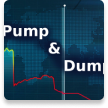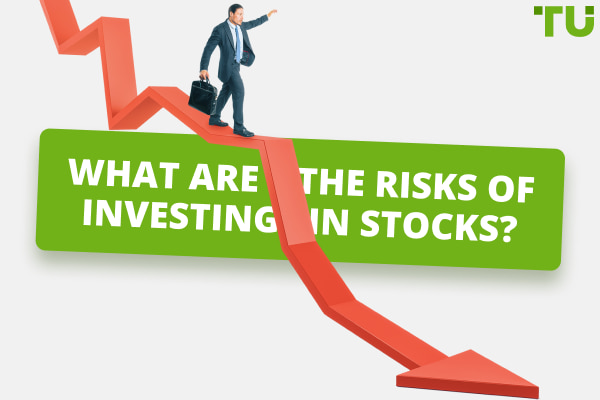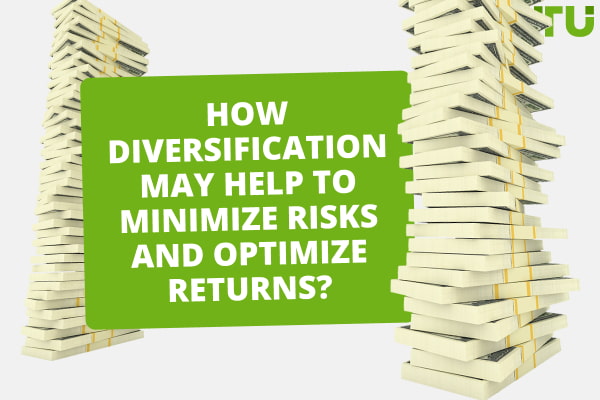Rating of stock frauds you should know
History knows many cases of stock fraud. Some of them were rather high-profile. Let’s review several stock fraud cases that caused huge scandals in the world.
Enron Scandal
Enron Scandal is a story that happened with Houston-based Enron Corp., USA. It involved manipulations with the company accounting and reporting. Enron thoroughly hid its financial issues – debts, failed transactions and projects. Positive financial statements led to an increase of the price of the company stocks, which by 2000 reached USD 90.75 per share.
However, in 2001 Enron stocks collapsed to less than USD, as the manipulations were revealed. As a result, Arthur Andersen, Enron’s accounting firm, was forced to shut down, Enron investors filed USD 40 billion worth of claims against the company and the company was forced to file for bankruptcy.
Stanislav Shpigelman Case
The scandal involving acquisition of The Gillette Company by Procter & Gamble is one of the most well-known examples of insider trading in the U.S. Merrill Lynch Bank was in charge of the transaction. The bank’s analyst Stanislav Shpigelman knew about it and shared the information with his friends from Goldman Sachs – Eugene Plotkin and David Pajcin. The trio made over USD 100,000 using the information, and they shared it with friends and colleagues.
Shpigelman, Plotkin and Pajcin wanted to do the same with the information on Adidas and Reebok merger. That’s where their scheme was uncovered. Pajcin shared the information with his aunt, a 63-year old tailor. When she made a profit of $2 million on her investment based on the tip, the investigation began.
Elon Musk Scandal
In 2018, Elon Musk got himself into a scandal involving manipulations with Tesla shares via Twitter. Musk tweeted that he was considering taking Tesla private at $420. “Funding secured,” wrote Musk.
The quotations reacted instantly. The stock price increased by 8% to $371 per share. However, soon after that Reuters reported that “it was not clear if Musk was serious as he has a history of erratic tweets…” Then, the share price quickly returned to its previous level and Musk was charged with fraud.
Pump and Dump by Zirk de Maison
California resident Zirk de Maison managed to defraud investors for a period of five years, using manipulated companies. He registered companies, which had no assets and did not conduct real business, true shells, and offered their public shares. The fraudster distributed information that his companies were involved in diamond, gold and copper mining and also in development of the latest IT technology.
The team of fraudsters led by de Maison actively disseminated information about the successes of the companies and convinced the clients to invest. Overall, they managed to attract $38 million. In 2013, the scheme was uncovered and in 2015 de Maison pled guilty and was sentenced to federal prison for committing securities fraud.
Madoff Investment Securities – the oldest pyramid in the U.S.
Bernard Madoff managed to defraud not only private investors, but also such large banks as HSBC, Bank Santander, and BNP Paribas. His financial pyramid operated for over 40 years. In the 1970s, Madoff, a successful investor, founded an investment company Madoff Investment Securities, offering its clients up to 46% annual profit for their investments into shares.
Madoff was one of the NASDAQ founders. He had built a good reputation and people believed him. And he did meet his obligations to the clients. Only he paid them using the money that the new clients invested in the platform.
The financial pyramid was uncovered only in 2008. Financial crisis was Madoff’s undoing, as the clients asked him to return investment early. The investigation found that Madoff’s company had not been involved in investment since 1995, operating solely at the expense of the funds invested by clients. The pyramid’s debt amounted to over $50 billion dollars, while Madoff was sentenced to 150 years in prison.
Jordan Belfort – "Wolf from Wall Street”
The character of Jordan Belfort, which became famous thanks to the Wolf from Wall Street movie, was based on a real person. The real Belfort was known for Penny Stock Fraud. In 1990 he established Stratton Oakmont, an investment company that worked with shares. He sold penny stocks to the clients.
Belford’s company selected rich people for its potential investors and the managers, using cold calling, convinced them to invest in cheap shares. Belfort also used pump and dump, inflating the price of securities and then dumping them.
After the schemes were uncovered Belfort was sentenced to 22 months in prison and $110 million restitution to 1,513 defrauded clients.



































